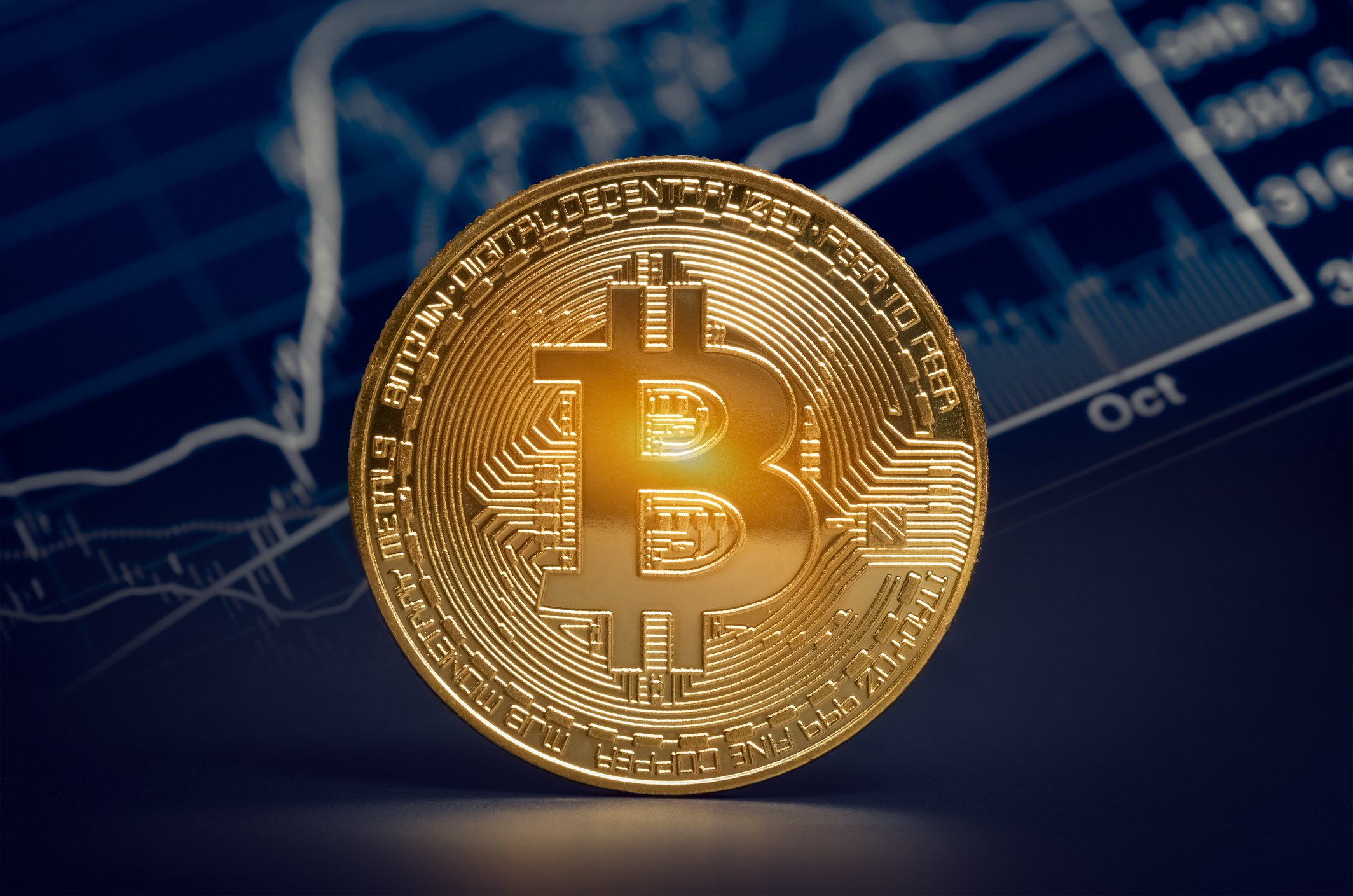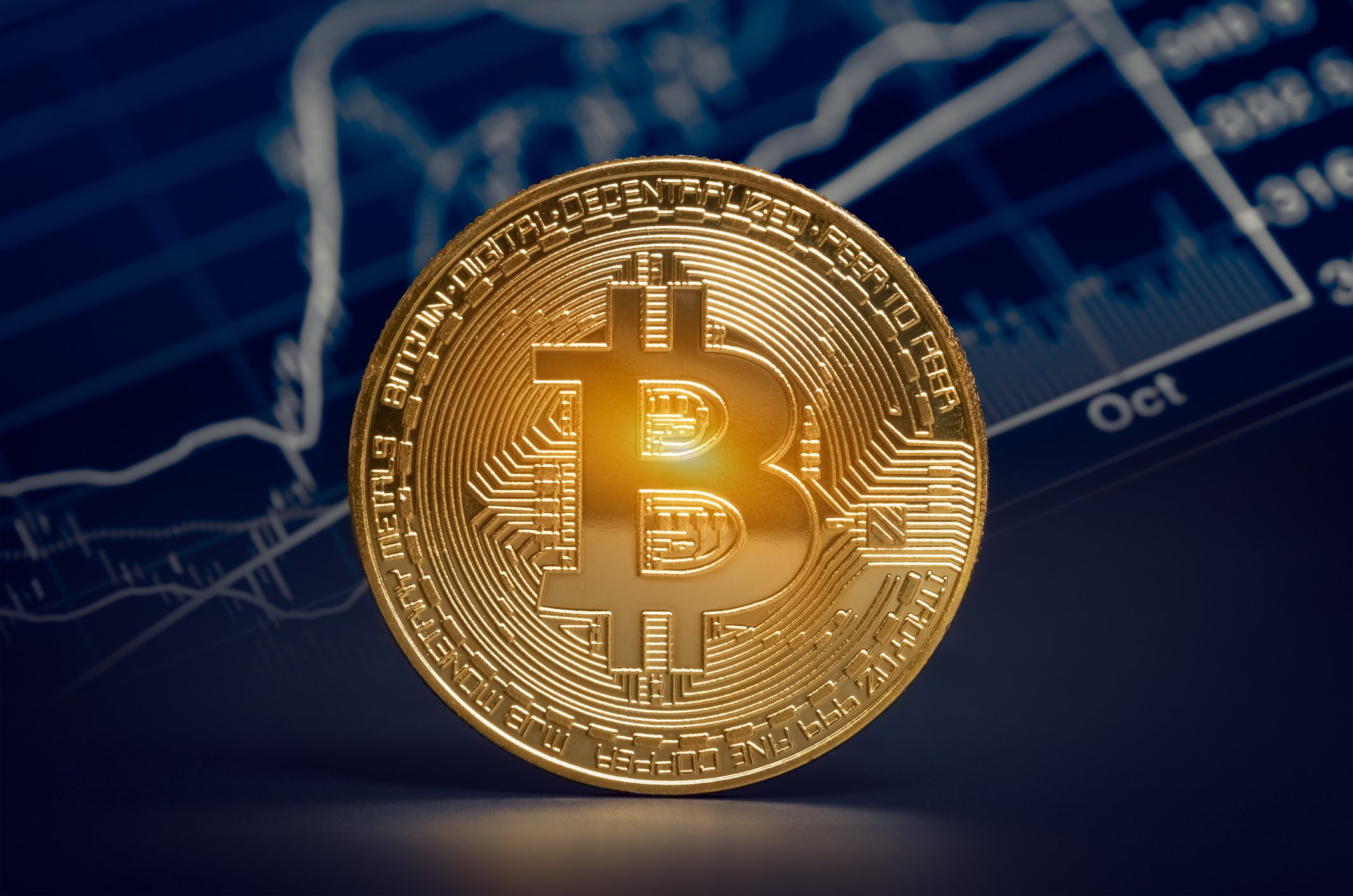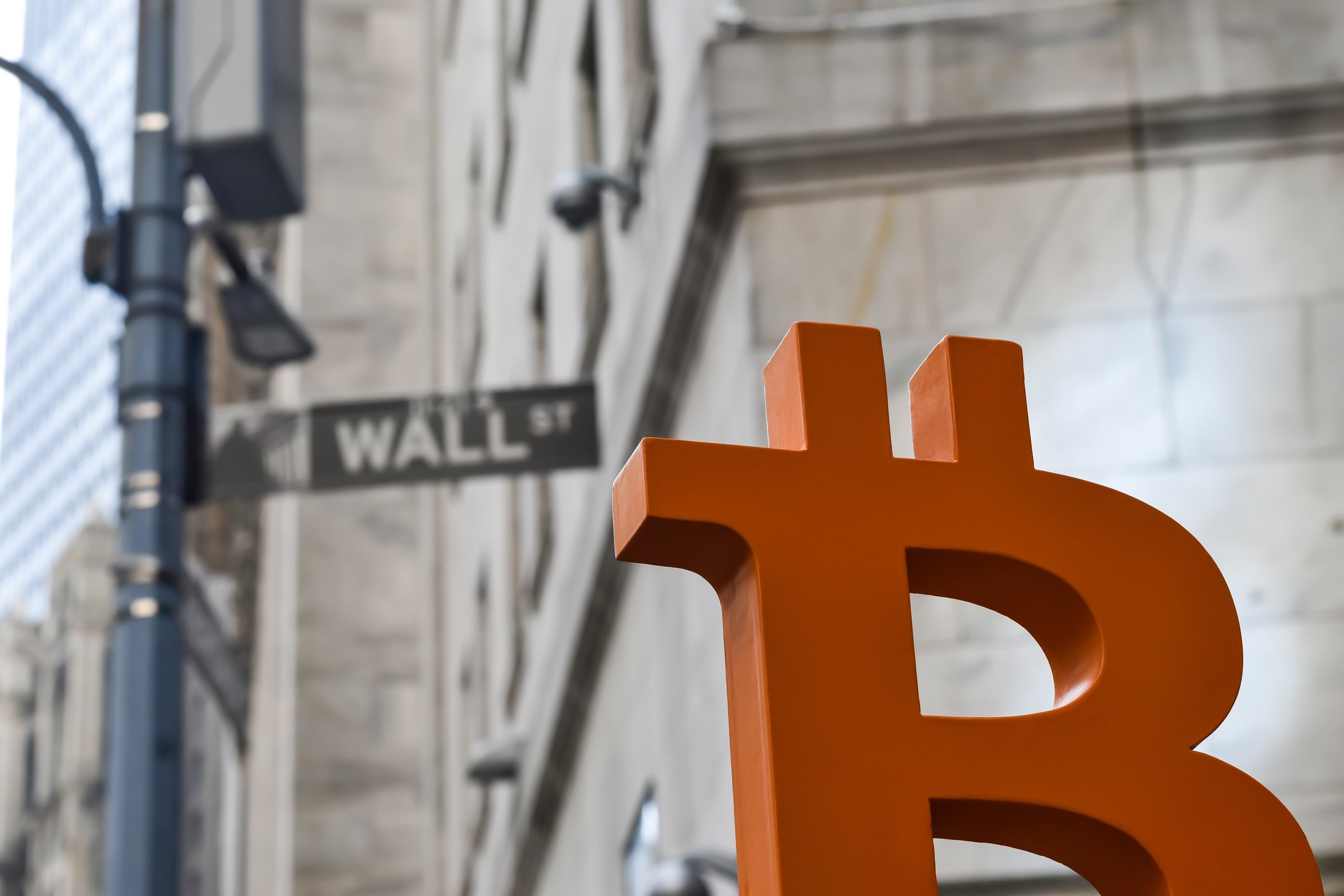Is buying shares of a company that exists only to hoard Bitcoin (BTC +1.30%) smarter than buying Bitcoin itself? To an emerging wave of Bitcoin treasury companies, the answer to that question is maybe.
Huge and consistent purchases of the coin by the leading business in the segment, Strategy (MSTR 2.35%), are setting the example for others to follow, with its shares rising by 230% during the past 12 months, far above Bitcoin's return of 67%. That makes buying the treasury operators sound very appealing. But for investors, the picture is a bit more complicated, so let's dive in and evaluate whether these companies are smart investments or not.

CRYPTO: BTC
Key Data Points
The advantages of this approach are undeniable
First, let's clarify what Bitcoin treasury companies are and how they work so you'll understand them as a category.
In a nutshell, these businesses seek to issue debt and new shares of their stock to finance their purchases of Bitcoin, which they then retain. In Strategy's case, while it's nominally a software company, it has spent upward of $10 billion in this year alone solely on buying Bitcoin as of May 8. Its total stockpile is worth more than $59 billion as a result of years of such purchasing, as well as the main pillar of the entire strategy, which is the price appreciation of Bitcoin over time.
It can easily continue to take out new loans, issue new debt, and mint more shares of its stock so long as the price of Bitcoin continues to rise. As the asset gains in value, the stock's price adjusts upward to match the company's overall higher value, which paves the way for issuing more shares and for the accumulated debt load to be overshadowed by the capital gains that could pay it off. For investors, buying the stock of such a company is thus very roughly equivalent to buying Bitcoin with leverage.
And that's why Strategy's share price rose faster than the price of Bitcoin itself. The value of its Bitcoin holdings only account for 52% of its market cap.
If you just buy and hold Bitcoin with cash, there's no leverage, so your return can never exceed that of the underlying asset. Likewise, you would have to manage your purchasing activity, rather than have specialists (the company's officers) handle it for you. Some emerging treasuries even claim to use tax advantages or "balance sheet engineering" to juice performance even further, though these claims lack proof as of yet.
So in theory there could be some value being added by Bitcoin treasury businesses beyond what's possible by buying the coin and holding it, either in your digital wallet or in your investment account via an exchange-traded fund (ETF).

NASDAQ: MSTR
Key Data Points
The disadvantages are also hard to argue with
The trouble with Bitcoin treasuries as investments is that they introduce a swath of risks that the underlying asset or ETFs holding it simply do not face.
The biggest catch is that using equity-based leverage magnifies losses when Bitcoin dips. Furthermore, when you hold your own coins, you cannot be forced into selling. When someone else holds coins as part of their business and you hold their stock, those coins that prop up the business's value can be sold without your consent for many different reasons that have nothing to do with the performance of Bitcoin. The less a company has going on outside of holding Bitcoin, the worse the impact to the share price will be.
Another significant issue is that it is very unclear whether any Bitcoin treasury company has or can have a competitive advantage. Therefore it is difficult to even say which treasury business is worth investing in over others, as none have an economic moat with which to retain their share of investors' capital.
Finally, while there haven't been any major scandals as of yet, corporations are run by people, and people in leadership positions can sometimes fall from grace, harming the value of the businesses they lead. There is no such risk associated with buying Bitcoin directly or even with buying an ETF that holds it.
So, is it worth buying these Bitcoin treasury companies anyway? Probably not right now. It's possible that some of the competitors will differentiate themselves for the better, but for now, the entire category is quite new, and their outperformance relative to Bitcoin could prove to be fragile.





